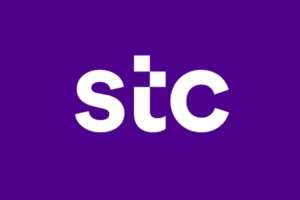Zain Iraq could lose some 5 million mobile subscribers after Iraq’s telecoms regulator, the Communications and Media Commission (CMC), ordered all of the country’s operators to stop interconnections with “unlicensed lines”.
In January, the CMC accused Zain Iraq of using 5 million sim cards without regulatory approval. The regulator handed Zain Iraq a $262 million fine, to be paid by April 11.
In a letter sent to all of Iraq’s telecom operators on February 17, the CMC stressed that no company had the right to activate or market any new line without the commission’s prior consent. It also requested that all telecom companies cease interconnections with unlicensed lines or face legal action.
Zain’s problems escalated today with an announcement from its main rival Asiacell, which said that it had already disconnected its “frame relay” with “several million” Zain Iraq lines that are alleged to be unlicenced.
“The CMC stressed that neither Zain nor any other company may activate or market any new line without the commission’s prior consent,” Asiacell said in a statement.
“The CMC also requested that all telecom companies immediately discontinue their interconnection with unlicensed lines under threat of litigation. Based on these directives, Asiacell has disconnected these lines to avoid legal ramifications.”
Asiacell added that it also “retained the right” to demand compensation from Zain Iraq. It said that Zain Iraq had damaged Asiacell’s market position by distributing “millions” of unlicenced sims.
Zain Iraq responded to Asiacell’s announcement by saying that it “regretted” its rival’s decision to stop interconnections with the disputed sim cards.
Zain added that its legal team was preparing “formal challenges” to the CMC ruling and the $262 million fine.
“We however remain very confident of our legal position and hope that this matter will be resolved amicably soon, so that all Iraqi citizens and customers of both mobile operators be reconnected,” the statement said.
Zain Iraq and Asiacell, which have market shares of about 54{e1f18614b95d3cd6e4b3128e1cd15d99b042a60a5a19c19b7a8e07e7495efa10} and 36{e1f18614b95d3cd6e4b3128e1cd15d99b042a60a5a19c19b7a8e07e7495efa10} respectively, compete with third mobile operator, Korek. At the end of 2010, Iraq’s mobile penetration rate was estimated to be about 73{e1f18614b95d3cd6e4b3128e1cd15d99b042a60a5a19c19b7a8e07e7495efa10}, according to Delta Partners, a Dubai-based consultancy and research firm.
April 26, 2025











